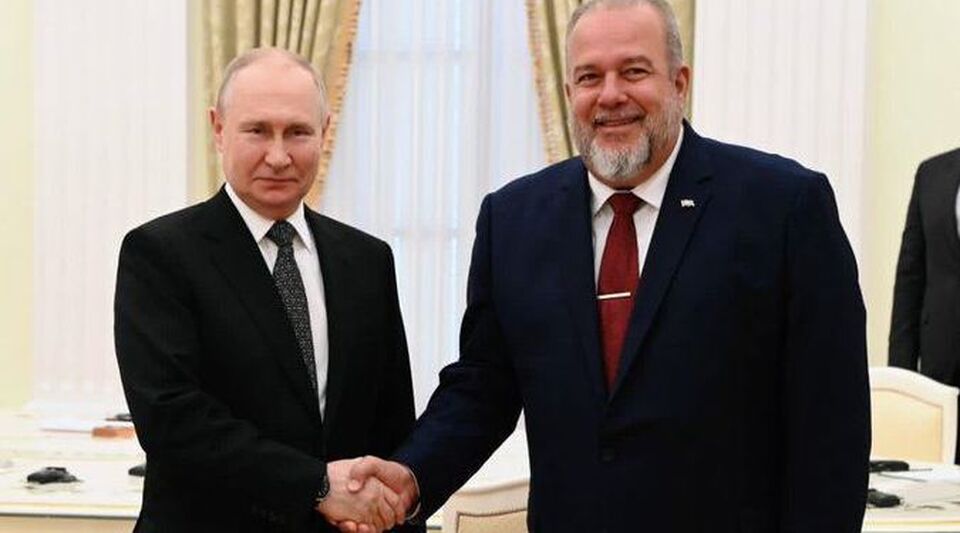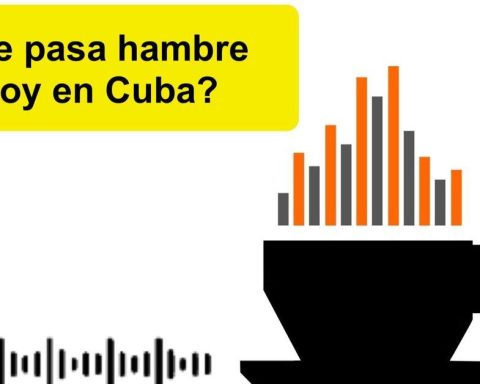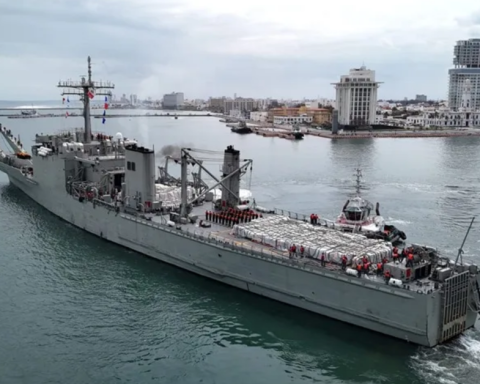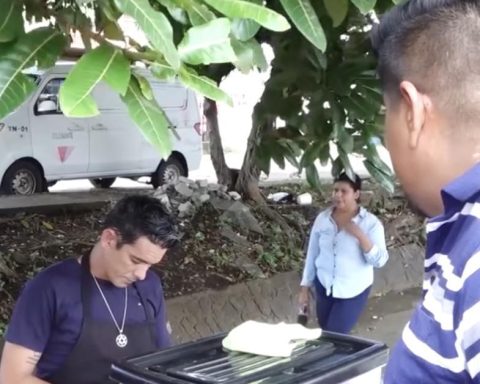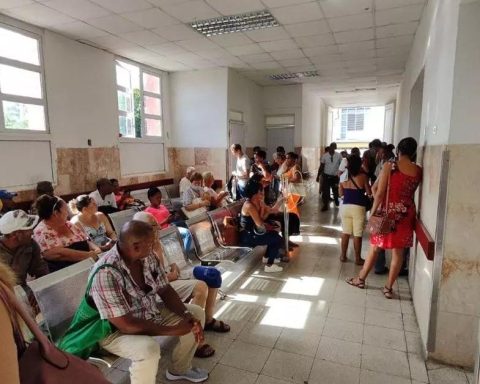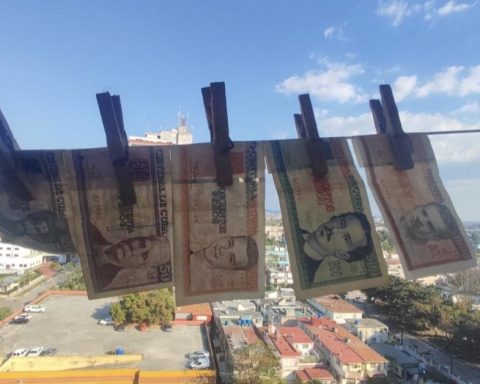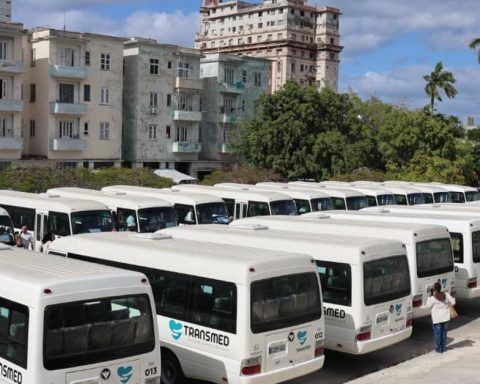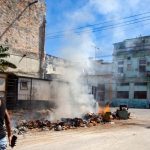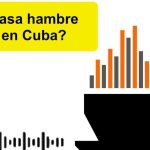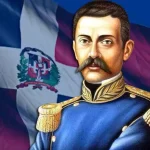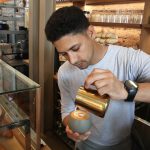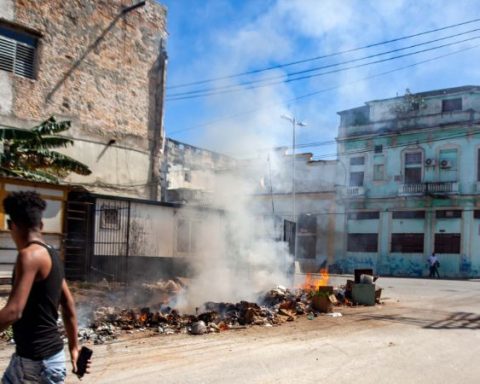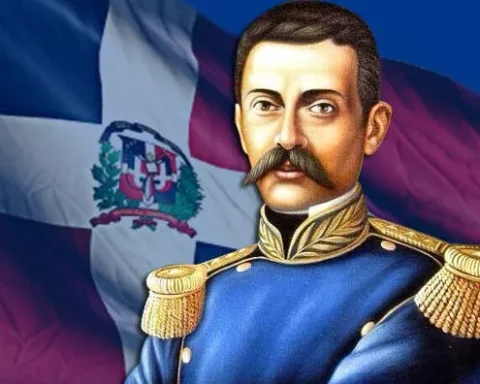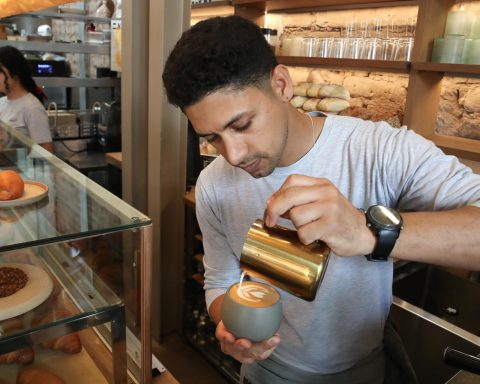It couldn’t have been clearer intervention of the Cuban Prime Minister, Manuel Marrero, at the International Economic Forum in St. Petersburg (Russia): “We are open to the world, open to business,” he summed up, after admitting that, in order to move the country forward, the Government pins all its hopes on a “key element”, foreign investment.
Marrero has traveled like a fish in water through the different sessions of the event, which opened last Thursday and will end on Saturday. The forum, according to the official press, has had one main objective: to discuss the economic problems facing Russia and gauge the role that its allies can play in its restructuring as a power – after the financial blow represented by Putin’s invasion of Ukraine. and in his fight “against American hegemony.”
Cuba’s role in the Moscow roadmap is not unimportant, and Marrero assured that he is ready to join the construction of the “just world” and “multipolar” that the Kremlin plans for the coming years. Despite this declaration of loyalty, the prime minister focused his words on the idea of sovereign development, but insisted that without Russian money there would be no tourism, agriculture, industry or economic development on the island.
The prime minister focused his words on the idea of sovereign development, but insisted that without Russian money there would be no tourism, agriculture, industry or economic development on the island.
In this regard, he continued, the participation of Cuba as the venue for the next G-77 plus China summit is essential. The event “will be an opportunity to open up and provide investment facilities,” she assured, after assuring those who listened to her that the Island “gets the best experiences out of moments of crisis.”
As Marrero speaks in St. Petersburg, the Russia-Cuba negotiations are in full swing. Boris Titov, president of the Business Council that guides commercial activity between the two countries, revealed to the Russian agency interface that Moscow will produce Cuban rum in “special varieties”.
“Several companies, including the company with which I am related, are negotiating to increase the supply of Cuban rum,” he said. Putin’s adviser for Havana referred to the business group Abrau-Durso, a conglomerate dedicated to the production of wine and other beverages of which Titov is the main shareholder. In 2020 – the last year for which statistics are available – Abrau-Durso made a profit of 8.72 billion rubles (more than $104 million) and sold 41,050,000 bottles.
With the economic boost from Abrau-Durso and the support of both governments, the business is in the “stage of signing contracts,” Titov said. The company also plans to produce aged Cuban rum, “made with special low-distillation technologies.”
Titov affirmed that a Russian Commercial House is already being prepared in Havana, where “Russian consumer goods” will be sold.
On the other hand, Titov affirmed that a Russian Commercial House is already being prepared in Havana, where “Russian consumer goods” will be sold, including household chemicals, sports equipment, meat, milk and jams. “Cubans are especially eager for pastries,” he jokingly commented.
Other companies, dedicated to the manufacture of automobiles, such as UAZ and AvtoVAZ, he said, are “considering the possibility” of assembling their cars on the island or supporting the national production of vehicles.
The link between Moscow and Havana continues to solidify, and the island’s analysts celebrate it as the only salvation table about to enter the hottest months, shortages, blackouts and -if the pattern of the last two years is followed- potential protests.
The professor of the University of Havana Fabio Fernández Batista, protagonist of a controversial debate on the concept of homeland on Cuban Television, applauded in Sputnik that Marrero had managed to sign several agreements to strengthen the Kremlin’s commitment to the island’s economy.
Although the academic recognized that the international context could not be more different, he explained that Moscow is a fundamental support to face the “hostility of the United States and its preponderance”
Fernández considers that, since the Soviet era, Cuba managed to maintain a “structured ideological connection” with the Kremlin. It is perfectly reasonable, he argued, for Russia to invest in the Island, since there is a history of its integration into the Council for Mutual Economic Assistance and the Socialist Camp, in the 1970s.
Although the academic recognized that the international context could not be more different, he explained that Moscow is a fundamental support to face the “hostility of the United States and its preponderance.” Without ambiguity, he considered that the Eurasian country is “a powerful ally and a brother”, which will help to “awaken the understanding on paths that can make life easier.”
Coinciding with Marrero, the professor called for “an injection of foreign capital,” but warned that “it will be necessary to negotiate from a position of defense of the country’s sovereignty, its essences, and values.”
________________________
Collaborate with our work:
The team of 14ymedio He is committed to doing serious journalism that reflects the reality of deep Cuba. Thank you for accompanying us on this long road. We invite you to continue supporting us, but this time becoming a member of our newspaper. Together we can continue transforming journalism in Cuba.
